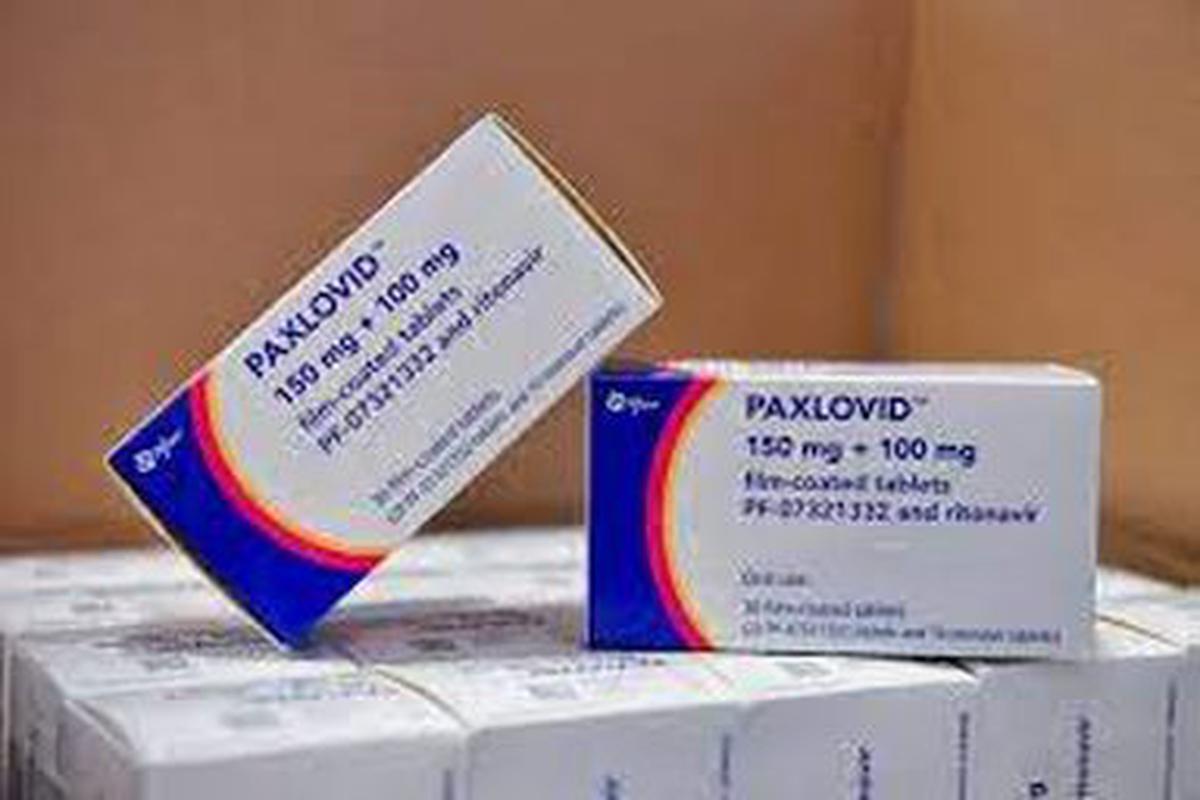A desperate message came from a Chinese doctor seeking a supply of Paxlovid.
BENGALURU: I received a desperate message las week from a Chinese doctor friend in Hong Kong seeking a supply of Pfizer’s Paxlovid, a combination of the anti-coronavirus drug Nirmatrelvir, with the anti-AIDs drug Ritonavir. He messaged that many are infected with Omicron and they have run out of Paxlovid for elders above 60 years and sought help in getting Indian generic Paxlovid. The Indian generics are manufactured under licensing agreement with the United Nations-backed Medicines Patent Pool (MPP) and are on the World Health Organization’s (WHO) prequalification list. India’s foreign ministry has offered to help China once again.
On 26 December, Xinlu Liang wrote in the Hong Kong-based South China Morning Post that “Chinese residents have turned to the black market for generic Covid-19 drugs, as an unprecedented pandemic outbreak ramps up demand for limited supplies of approved antivirals. Their limited supply and steep price have driven many Chinese to opt for cheaper but illegally imported generic drugs from India. Topics like ‘anti-Covid Indian generic drugs sold at 1,000 yuan (US$144) per box’ have been trending on the Chinese social media platform Weibo, with users exchanging messages and tips on ways to get hold of the medicines. Four kinds of generic anti-Covid drugs from India are being sold illegally in the Chinese market—under the brand names Primovir, Paxista, Molnunat, and Molnatris. While Paxlovid is priced at 2,980 yuan per box, a box of Indian-made drugs can be bought for 530 to 1,600 yuan, according to the online portal Tencent News. Primovir and Paxista are generic versions of Paxlovid, while Molnunat and Molnatris are generics for Merck’s molnupiravir. However, the Indian generics have not been approved by the Chinese government, and selling them is a punishable offence. ”
This reminded me of the 2018 Chinese box-office hit movie “Wo bu shi yao shen”, of which the English subtitled version “Dying to Survive” is available online. CGTN, a state-run English-language news channel based in Beijing, China, has this to say on its website, “This movie based on a real-life story of a man who smuggles unapproved, but affordable cancer drugs from India is getting rave reviews” and that “the movie has already collected 45.2 million US dollars. On Douban, a Chinese version of IMDB, movie lovers rated Dying to Survive 9/10. Many feel that the movie is set to become a milestone in Chinese cinema history.” This film
All the quotes above are from official Chinese sources and counter the misinformation that Indian media is hyping Indian drugs. Indian drugs are popular among the Chinese despite being called illegal, counterfeit, ineffective, unsafe, etc., by Chinese government officials. Indian cough syrups are being accused of the death of children in Gambia and Uzbekistan with no verifiable proof yet. The US, UK, Europe, the WHO, and the rest of the world depend on affordable, effective, safe Indian drugs for their health programs. Indian pharma helped in managing the AIDs pandemic. Indian vaccines and drugs are playing a major global role in controlling this pandemic. Thus India has earned the title of ‘pharmacy of the world’. Global appreciation is often in sharp contrast to doubts cast by our own people. It is high time the ‘opposition’ is renamed the ‘alternatives’ so that they provide better alternatives to national progress than stubborn opposition.
Dr P.S. Venkatesh Rao is Consultant Endocrine, Breast & Laparoscopic Surgeon.

